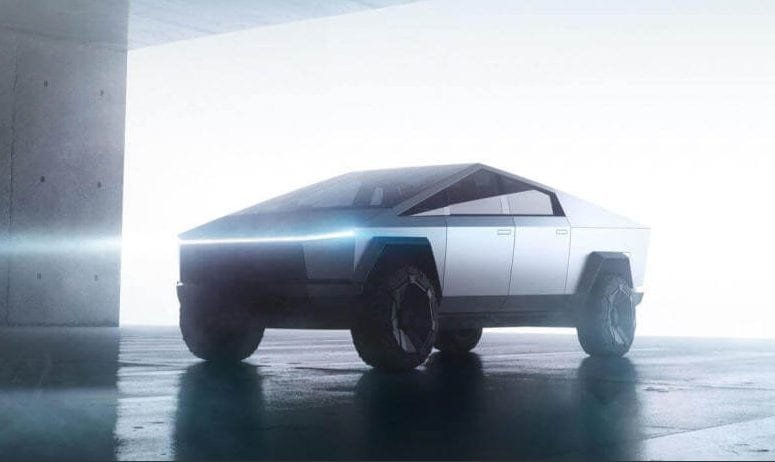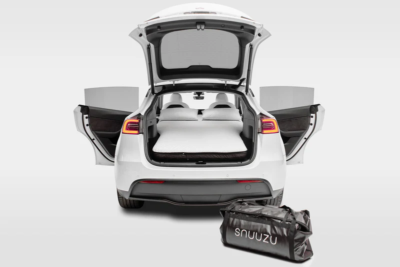Elon Musk says Cybertruck not coming until 2023

Tesla’s Cybertruck pickup is not able to get out on the road until 2023 at the earliest, The CEO of Tesla Elon Musk said it on Wednesday, January 26. His comments came during an earnings call with investors following the release of Tesla’s fourth-quarter results for 2021, and confirm recent rumors that Cybertruck production had been delayed until next year. Elon Musk unveiled the Cybertruck at a special event in November 2019.
Tesla “We will not be introducing new vehicle models this year,” Musk said in comments that also put to rest any hope of Tesla’s new Roadster sports car and Semi truck arriving before the end of 2022.
Complexity and Global Chip Shortage Are on the way
Confirmation of the Cybertruck delay will come as a disappointment to the million or so customers who have put down a deposit on the vehicle since it was unveiled in 2019. Tesla had originally hoped to launch its electric pickup at the end of 2021, but last summer the date slipped to 2022. Then, earlier this month, a change to the wording on its website suggested the Cybertruck wouldn’t hit the road until next year. Musk said on Wednesday that the goal for 2022 was to boost production of its existing vehicles, adding that the complexity of introducing a new vehicle this year would dent output and therefore profit. The global chip shortage has also helped to dash hopes of new launches this year.
Chip Shortage Is Still Haunting
Indeed, Musk confirmed during the call that “the chip shortage, while better than last year, is still an issue,” adding that “there are multiple supply chain challenges.”Despite the constraints, Tesla reported stronger-than-expected fourth-quarter results, posting a profit of $270 million from a global production run of 305,840 vehicles, marking a 70% increase over the same period a year ago.
Remarkable Achievement Despite Difficulties
For the entirety of 2021, revenue reached $17.7 billion, with profit coming in at $5.5 billion, up from $721 million in 2020. Tesla produced 936,172 vehicles globally over the 12-month period. Tesla said in a statement that looking forward, the rate of growth “will depend on our equipment capacity, operational efficiency, and the capacity and stability of the supply chain.” The automaker said it’s also intent on further developing its Full Self-Driving feature that functions as an advanced driver-assist system, describing it as “a primary area of focus.”
Research Snipers is currently covering all technology news including Google, Apple, Android, Xiaomi, Huawei, Samsung News, and More. Research Snipers has decade of experience in breaking technology news, covering latest trends in tech news, and recent developments.









